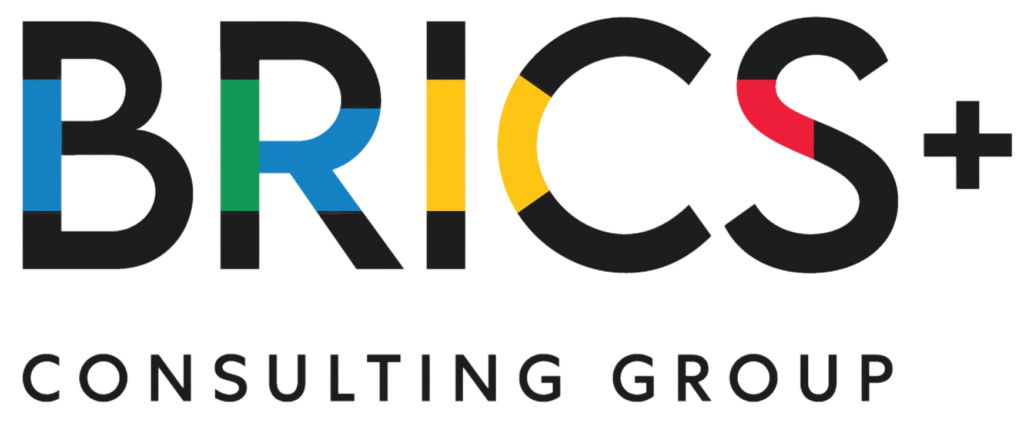South Africa faces a systemic skills crisis, not merely a lack of people. The current educational and training systems are inadequate in developing the competencies required by businesses, while policies for attracting international talent are outdated. This problem is exacerbated by rapid global technological advancements, particularly in areas like AI, big data, cybersecurity, and digital literacy, which are quickly increasing demand for these skills in the South African labour market, as highlighted by the World Economic Forum’s Future of Jobs Report 2025.
Engineering, ICT, and healthcare: Where the crunch is worst
Employers consistently report a scarcity of engineers across various disciplines. Xpatweb’s data indicates a significant increase in companies struggling to recruit engineers, rising from 23% in 2024 to 38% in 2025. This shortage spans civil, mechanical, electrical, and mining engineering, leading to project delays, stalled capital investments, and increased contractor expenses.
South Africa faces a critical shortage of ICT specialists, with employers reporting a significant increase in demand from 14% in 2024 to 22% in 2025. This scarcity extends to crucial roles like data scientists, software engineers, and cybersecurity experts, which are essential for digital transformation. The country’s limited domestic capacity in these areas puts it at risk of being excluded from the ongoing technological revolution.
The healthcare sector faces equally dire shortages. The departure of nurses, doctors, and specialists has worsened an already critical situation, particularly in rural and public healthcare. This "brain drain" not only diminishes staff numbers but also deprives institutions of valuable experience and institutional memory, thereby compromising the quality of care and effective workforce planning.
Why the paradox persists
The disconnect between employer demand and the available talent pool stems from three systemic failures. Firstly, a significant skills misalignment exists, where jobseekers often lack the practical, job-ready skills that employers require. This issue is compounded by a weak foundational education, particularly in critical areas like mathematics, science, and digital literacy, which ultimately restricts access to technical professions.
South Africa’s vocational system is currently underdeveloped, providing limited opportunities for work-integrated learning, apprenticeships, and technician programs. This results in graduates possessing theoretical knowledge but lacking sufficient practical skills. Furthermore, policy and regulatory frameworks, such as the National Critical Skills List and immigration systems, are not adapting quickly enough to changes in the labor market. Despite updates in 2022 and 2023, employers report that the list still omits several critical skill categories and requires more frequent, data-driven revisions.
Global hiring and policy friction
The 2025 survey reveals that 84% of employers consider international hiring essential, yet 77% face obstacles with visas. Delays in migration policy, such as embassy backlogs and professional registration bottlenecks, impede the attraction of global talent. While the Department of Home Affairs’ Trusted Employer Scheme (TES) has facilitated faster visa processing for 80% of its participants, its overall impact is restricted by its limited scope.
South Africa faces a paradoxical challenge: a severe skills scarcity despite high unemployment rates (32.1% overall and 34.2% youth). This contradiction leads to significant operational harm for businesses, with 89% of employers reporting negative impacts from unfilled critical roles, according to Xpatweb. These consequences range from reduced productivity and delayed infrastructure projects to missed growth opportunities.
A hardline, evidence-based prescription
To effectively bridge this divide, South Africa needs to approach its skills ecosystem as a cohesive and interconnected whole, encompassing education, industry, and immigration, rather than a series of disparate challenges. Four key priorities emerge from this perspective.
Prioritise enhancing basic education by improving teacher quality, updating curricula to focus on problem-solving, and implementing early diagnostic tools to address learning gaps proactively.
Next, expand vocational and work-integrated learning. This requires employers to collaborate with universities and TVET colleges in programme design, and government incentives to encourage companies to host trainees.
Third, strategically leverage migration by expanding and digitizing visa systems, streamlining professional accreditations, and integrating migration data into economic planning. Successful initiatives like the TES should be adopted as mainstream policy.
Lastly, establish targeted partnerships for adult reskilling in key areas such as engineering, ICT, healthcare, and artisan trades. These programs are expected to deliver quicker outcomes compared to relying solely on new graduates entering the job market.
The urgent path forward
South Africa’s growth, competitiveness, and innovation are constrained by unfilled positions. The country has immense human potential, but converting this into productive capacity requires a coherent approach integrating education, business, and state policy.
South Africa faces a systemic crisis, not a population shortage. To leverage its demographic strength for economic gain, the country must address these failing systems, from education to immigration.
Written By:
*Dr Iqbal Survé
Past chairman of the BRICS Business Council and co-chairman of the BRICS Media Forum and the BRNN
*Sesona Mdlokovana
Associate at BRICS+ Consulting Group
African Specialist
** MORE ARTICLES ON OUR WEBSITE https://bricscg.com/ (https://bricscg.com/)
** Follow https://x.com/brics_daily (https://x.com/brics_daily) on X/Twitter for daily BRICS+ updates

